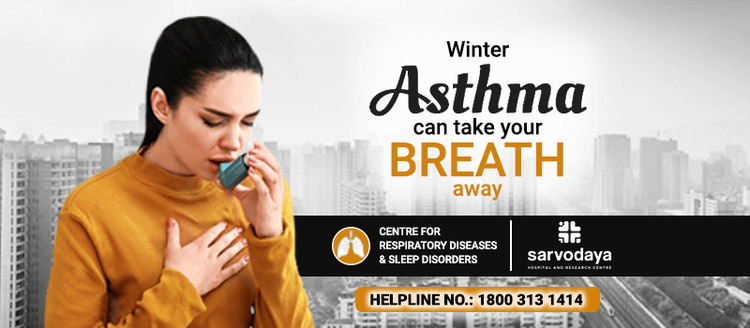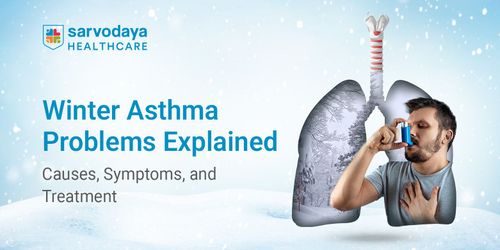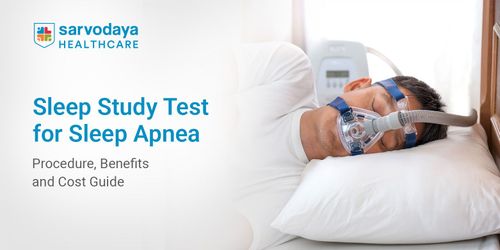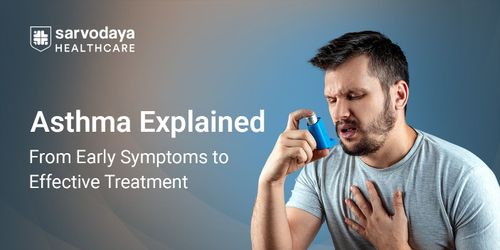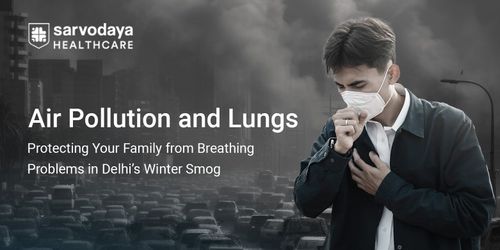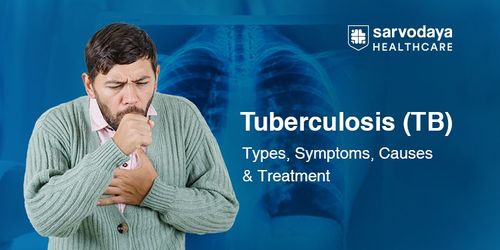The wintertime can be brutal for many people, especially for those who suffer from asthma. For many asthmatics, winter is the worst time of all. When the temperature goes down, going outdoor can be difficult and even normal physical activities in the cold can bring on symptoms like coughing, wheezing, making breathing an issue.
Here are some highlights, why these winters you need to hold your breath and take appropriate precautions for winter asthama.
What Induces Asthma In Winters?
cold air is the one to blame, which induces asthma symptoms in winters.
- Cold Air is Dry - Breathing airways are lined up with a thin layer of fluid. When the dry air is inhaled, that fluid evaporates faster and not replaced at the same time. A dry airway becomes irritated and leads to inflammation (swelling of airways), which worsens asthma symptoms.
- Cold Air is a Trigger to Histamine – When the cold air is inhaled it triggers the production of a substance called histamine, which is the same chemical a body produces during an allergy attack. Histamine further triggers wheezing and other asthma symptoms.
- Cold Air increases Mucus – Breathing airways are also lined up with a layer of protective mucus, which helps remove unhealthy particles. When cold air is inhaled, it makes the body to produce more mucus, which is thicker and stickier than normal. This extra mucus makes the airways congested and makes it difficult to breathe. It can also make one vulnerable to cold or other infections.
Common Symptoms of Asthma in Winter:
These symptoms can be an indicator of Cold-induced asthma:
- Chest pain
- Coughing
- Feeling short of breath
- A sensation of tightness in the chest
- Wheezing
These symptoms tend to develop soon after a person is exposed to cold air outdoors.
Ways To Avoid Winter Asthma
- Cover nose and mouth with a scarf or a mask. This will act as a filter that blocks some of the cold air from entering the lungs, as well as taking some of the chill off before breathing it in.
- Try to inhale through the nose as it is a natural filter (because of the tiny hairs inside). It not only filters out certain particles but also warms the cold air during inhalation. This way the air inhaled will not be a shock to the system.
- Drink warm liquids, especially if any outdoor activity in this cold weather is pre-planned. The extra fluids will help thin out the mucus that lungs produce when they get irritated.
- Most importantly, carry a rescue inhaler and have it handy at all times.
Asthma can become a serious illness during the wintertime, but with the right precautions and advice from a Pulmonologist in Faridabad, asthma can be prevented and treated. If you or your loved ones face any symptoms or breathing-related problems, then you can visit our experts at the Centre for Respiratory Diseases & Sleep Disorders; who can help diagnose and treat your conditions accurately.
Our Specialists Also Available Here
Pulmonologist in Greater Noida


